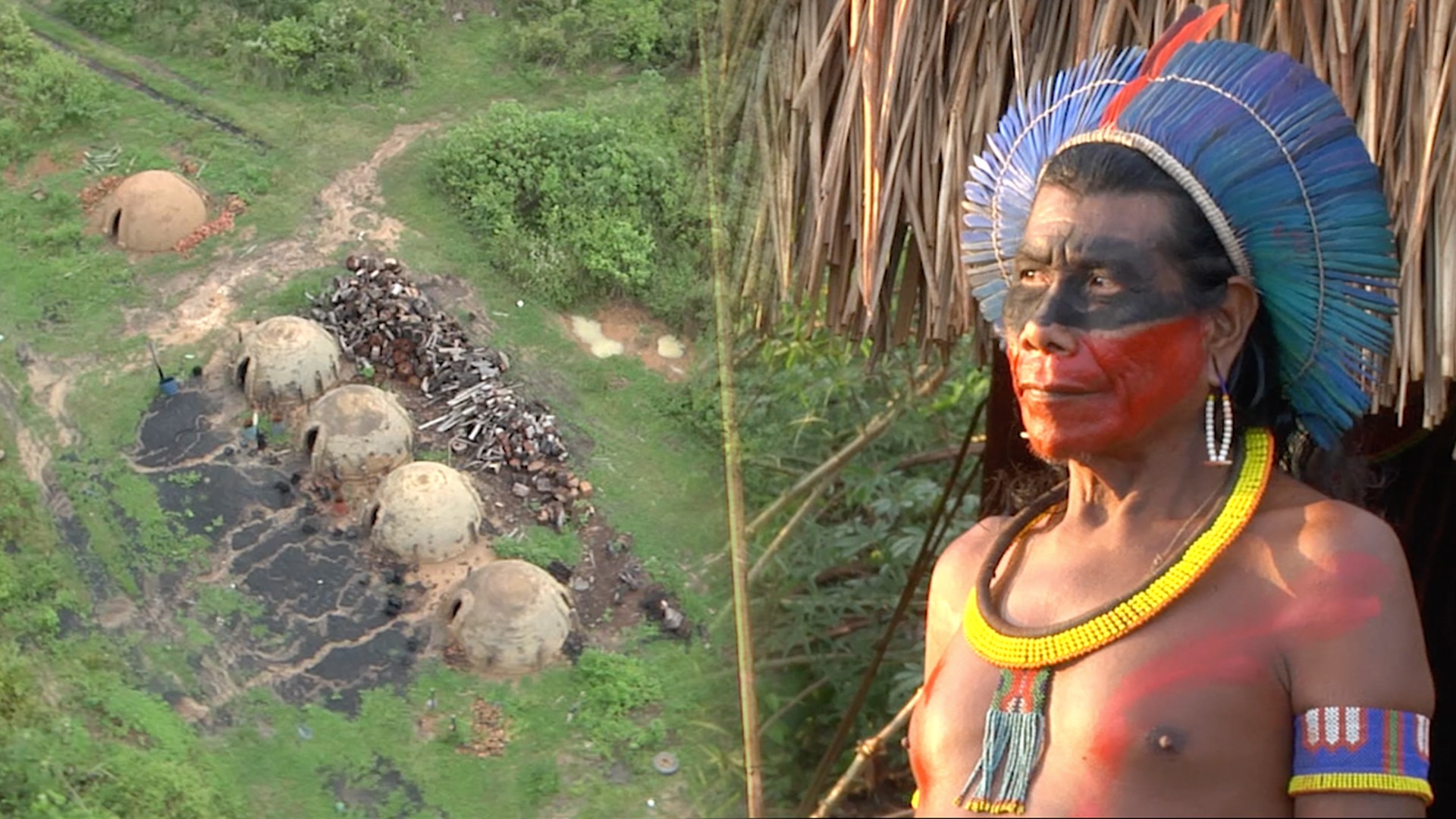This is an opinion piece by the Rainforest Alliance.I am a passionate—okay, obsessive—environmentalist. I'm one of those people who always takes cloth bags to the supermarket, and at home I meticulously recycle and reuse; I also compost organic waste (I am actually trying to figure out how to compost dog poop). We buy mostly local organic foods, I cook 90 percent of my meals, and when I eat out I order an appetizer as a main course because big plates equal leftovers. Food waste accounts for a significant portion of methane emissions. I walk almost everywhere, conserve water and energy at home, and air-dry my laundry (that's just one benefit of living in the tropics). I even make my own cleaning products.
Advertisement
As much as I love to travel, then, I also feel guilty because I can't control my environmental footprint as I do at home. I get nervous just thinking about the carbon footprint of airplanes. When family members suggest we vacation together at a massive, flashy hotel with buffet restaurants or on a ginormous cruise ship, I roll my eyes. Forget it! Not for me. And those tours where you sit inside a gleaming SUV with the air conditioning blasting while it's 110 degrees outside? Okay, yes, I admit I've done this. I'm not proud of it, but I make up for my rare concession to comfort by being as stringent as I can in other areas of travel.But it takes preparation, planning and courage. Here are some practices that help me travel (mostly) guilt-free.News and numbers about the negative impacts of the tourism industry can kill our traveling bug, but did you know that tourism is a key driver of socio-economic progress around the world? According to the 2015 UNWTO Highlights report, the industry creates one in 11 jobs and generates US$ 1.5 trillion in exports globally. Some of these jobs and money go to "big," traditional, and maybe not-so-sustainable destinations, but arrivals to developing countries accounted for 45 percent of the total international arrivals in 2014. Actually, tourism is the first or second source of export earnings in 20 of the world's 48 least developed countries. I sleep better knowing that my leisure and work trips can help boost economies, provide livelihoods and alleviate poverty.I once thought that a green hotel, an eco-lodge, and a sustainable hotel were the same. That's not the case; they're very different things!Do your research on a hotel that calls itself a "green hotel"—this term is ambiguous and can mean anything. An "eco-lodge" refers to a hotel located in a natural area that conserves the environment and works to improve the welfare of local people. Eco-lodges try to minimize their impact, protect biodiversity, build environmental awareness, and respect local culture. This is the sort of place where guests come to check out the local flora, fauna, and cultural heritage. A "sustainable hotel" is a business that supports environmental conservation, social development, and local economies. Sustainable hotels will conserve water and energy, source local products for restaurants and gift shops, employ local people as staff, and support community conservation projects.
1. See the big picture.
2. Know the difference between green, eco-, and sustainable tourism.
Advertisement
3. Choose certified sustainable hotels, tour operators, and other providers of tourism services.
Check out more videos from VICE:

4. Offset your carbon footprint.
5. Be an obsessive environmentalist during your trip.
Advertisement
